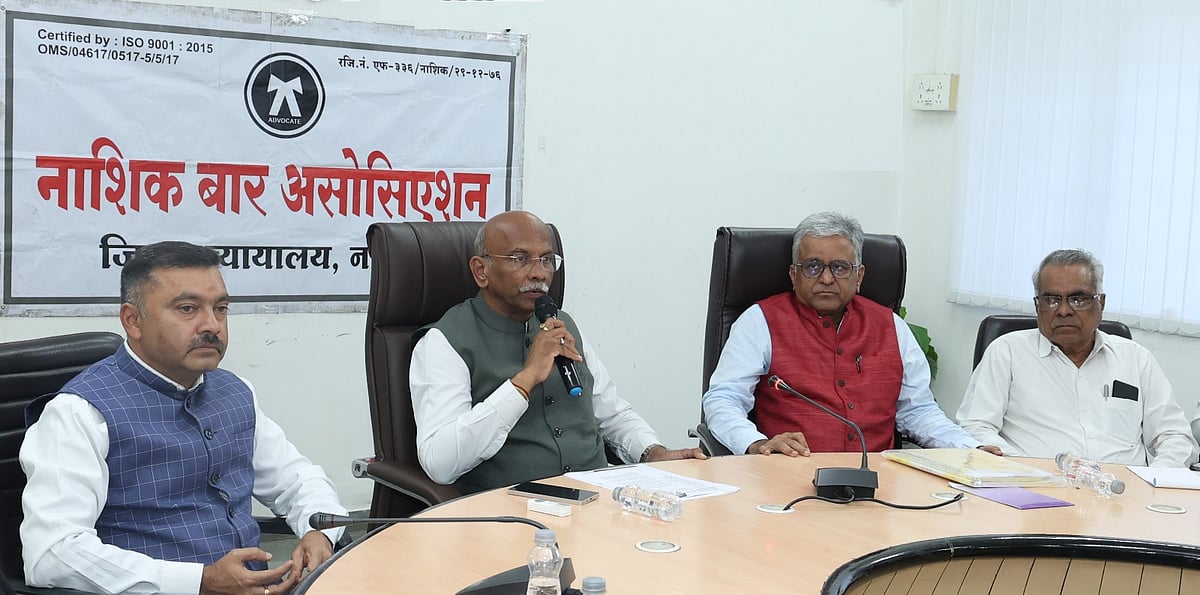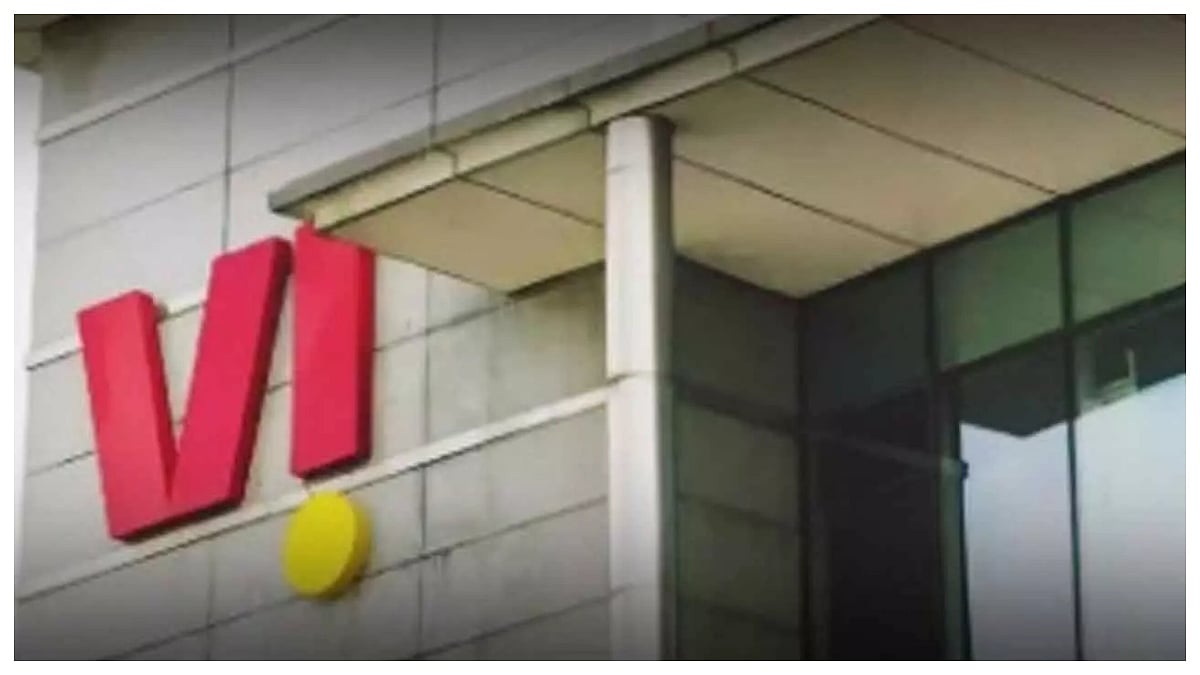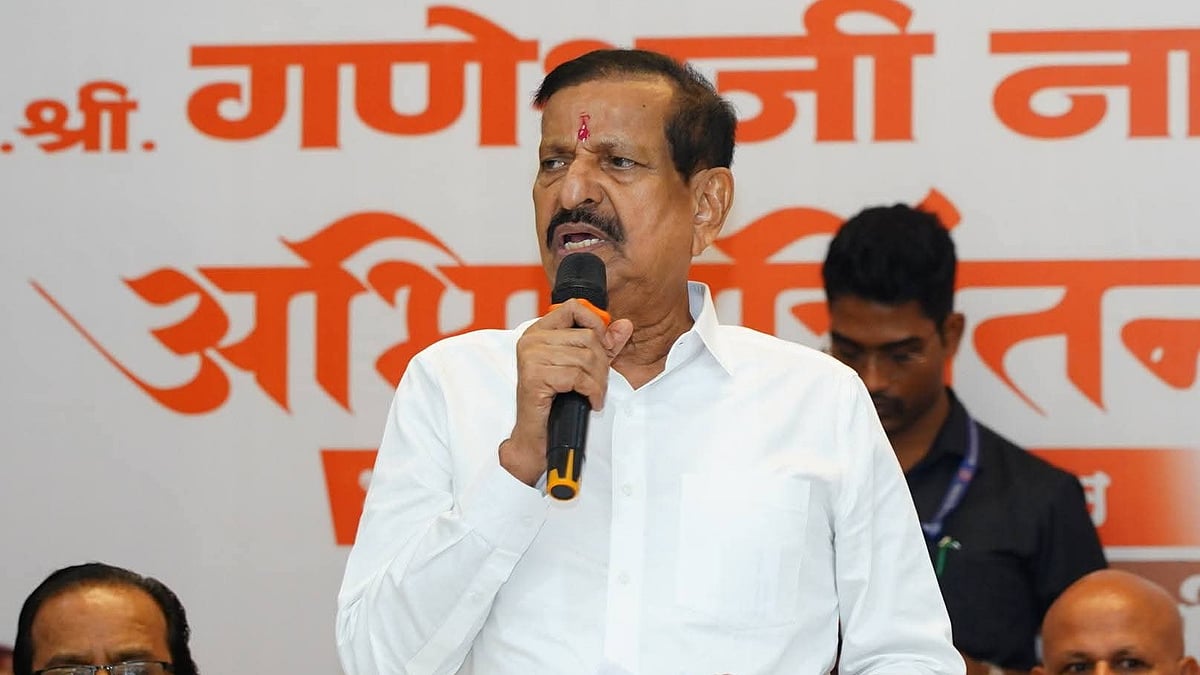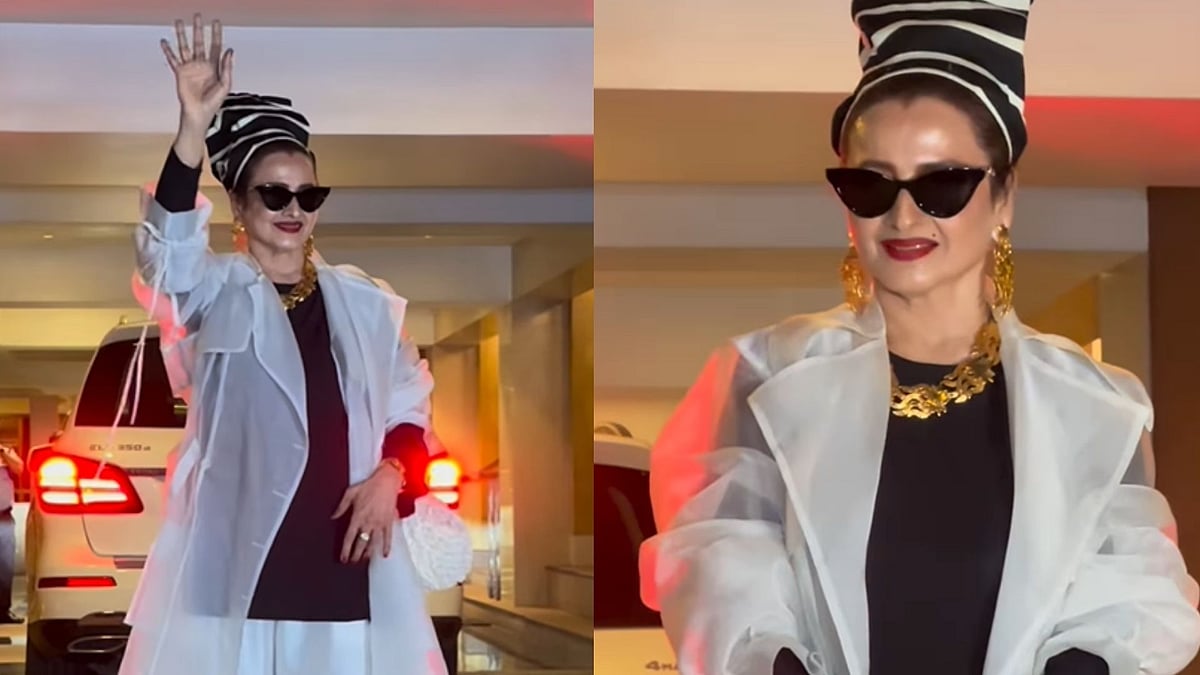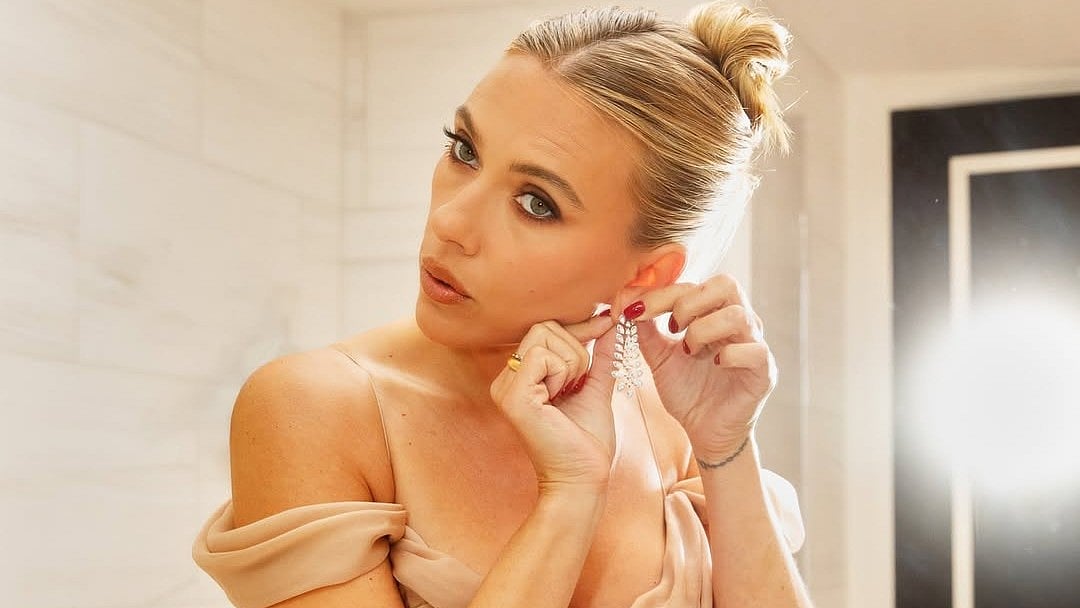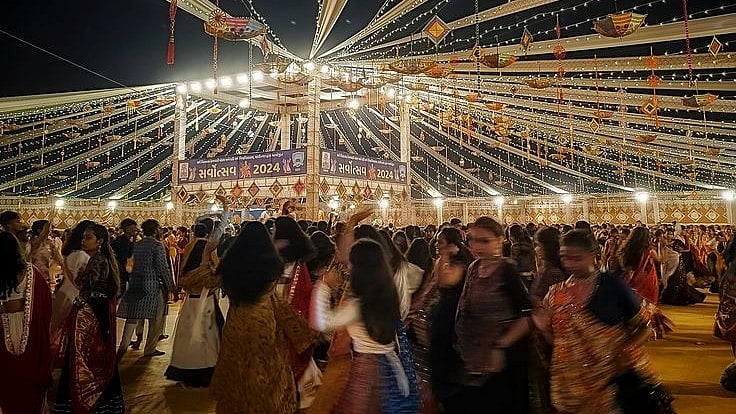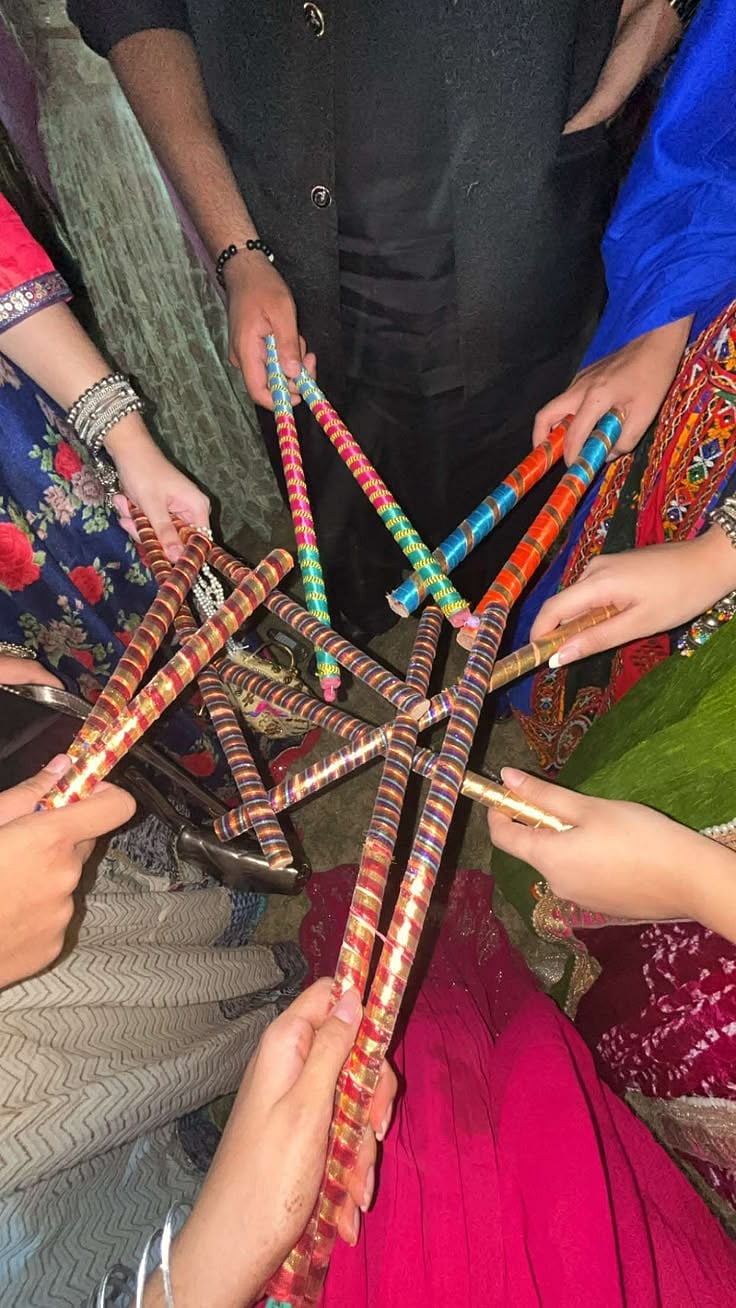The Doors refuse to go out of fashion. Over 53 years after frontman Jim Morrison passed away, the Los Angeles rock band still makes news. Recently, popular American YouTube presenter Rick Beato staged a coup by getting the two surviving members on his show. Guitarist Robbie Krieger and drummer John Densmore sent fans into flights of nostalgia by recollecting many past moments, taking listeners through the making of songs like Light My Fire, The End, Break On Through (To The Other Side), Touch Me and Riders On The Storm.
Beato has done many interviews in the past, featuring musicians from the rock, blues and jazz fields. His chat with Pink Floyd’s David Gilmour in November was extraordinary, and he’s also featured Indian bassist Mohini Dey. A look at the comments section in the Doors episode shows that a large number of people feel this is his best interview ever. That could be subjective, though. But what’s noteworthy is the way Beato uses his experience as a multi-instrumentalist and music producer to ask specific technical questions on the writing and recording.
Significantly, the interview was shot at Sunset Sound, the legendary Hollywood studio where the Doors recorded its first two albums. Beato begins by talking of the group’s distinctive blend of poetry, improvisation and raw psychedelic energy. Over 78 minutes, the two musicians tell him about their equation with Morrison and keyboardist Ray Manzarek, how they found gigs when they were new and unknown, how they were rejected by Columbia and later signed by Elektra, and the thought process behind their most popular songs (barring the overplayed Roadhouse Blues). They also clarify doubts about how the bass was used, since they didn’t have a regular bassist. The details are best watched on the show.
There’s plenty of trivia, some of which has been talked about earlier. But these nuggets come from the horses’ mouths. They talk of Light My Fire, principally written by Krieger though all four are credited. Krieger points out that he had written a whole bunch of chords but didn’t know where to use them besides the intro. So when the main melody was ready, he added them in the middle, and producer Paul Rothchild felt they should be in the outro too. Part of the solo was influenced by jazz saxophonist John Coltrane’s version of My Favourite Things, with Manzarek suggesting they use that. Also, when it was released in 1967, AM Radio required songs to be shorter than three minutes. After a lot of thought, the band chopped off the solos.
The portion on the classic song The End has something that will interest Indian fans. There is a reference to ‘raga tuning’ and the Ravi Shankar Effect, with Densmore saying both of them would go to Shankar’s Kinnara School Of Music in Los Angeles to learn. Suddenly, Beato brings up the topic of Zakir Hussain as a digression, saying though he never interviewed him, he saw him with Shakti last year and in 2018 with a phenomenal set.
While Beato moderates the chat brilliantly, the most interesting thing is the banter between Krieger and Densmore, who often take digs at Oliver Stone’s movie on the band. The way Morrison’s personality changed and Manzarek’s contribution to the overall sound are described well. One wishes the interview would have gone on for a few hours more. Though the band is featured in a movie, some documentaries, and numerous TV interviews and books, fans are always on the lookout for more.
One thing was missing. The talk revolved only around a few popular songs, whereas in reality, the Doors have many gems that aren’t discussed so much. Examples would be The Spy, Indian Summer, Queen of The Highway and You Make Me Real in the album Morrison Hotel, or Wishful Sinful, Shaman’s Blues and the title track in The Soft Parade record. That may have taken more time, but tidbits about such songs would have been a fantastic addition. Otherwise, Beato kept a tight beat.

